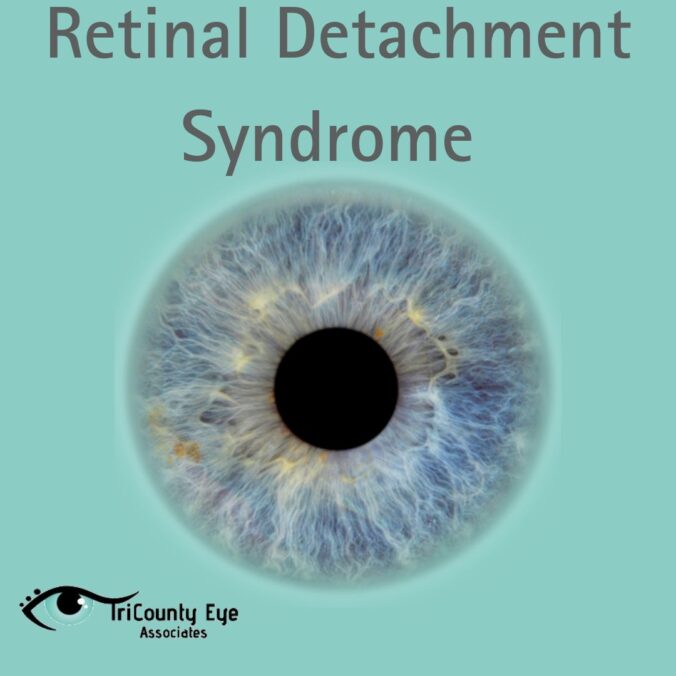One of our goal with these blogs is to inform our patients about the different type of issues they could face when it come to their eye health.
The human eye is so complex that it leaves a lot of room for issues to arise. One of those issues is Retinal Detachment. This conditions can result in permanent vision loss if not treated. One in ever 300 people are affected by this condition. The best way to keep from losing your vision with this condition is early detection.
What is the Retina?
The Retina is responsible for capturing images and transmitting them to the brain. It is a delicate tissue layer that is located at the back of the eye containing cells that are light-sensitive. The retina is anchored to the back of the key by the retinal pigment epithelium, which also serves as a filter and support system for the rods and cones.
Retinal Detachment
This condition is when the retina pulls away from the eye and essentially detaches. Trauma, surgery, and infections can all be events that lead to the retina detaching from the eye. The most significant factor that will cause detachment is age. As you age the fluid in our eyes shrink and can create a tiny tear in the retina. You are also at a higher risk of having retinal detachment if someone in your family has had it happen before.
Symptoms
There are some signs you can look for to give you time to reach out to your eye doctor. Usually pain is an indicator that there is something wrong. With Retinal Detachment, there is normally no pain related. Some things that will happen include:
- An increase in the number of floaters you see
- Sudden flashes of light
- A shadow in your peripheral vision
- Feeling of heaviness or pressure in one eye
- Straight lines that appear to curve
What can you do about it?
Knowing the symptoms or signs can help you, but the biggest thing you can do is remember to get regular eye exams. Make sure to let your eye doctor know if you have any family history of retinal detachment as well as any of the above symptoms. Your eye doctor may be able to detect an issue early by being able to compare images of your retina year after year.
As always, we want to be a part of your entire eye health journey! Call us to make your next appointment!


Leave a Reply